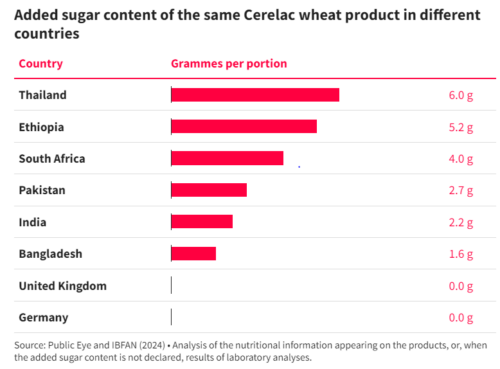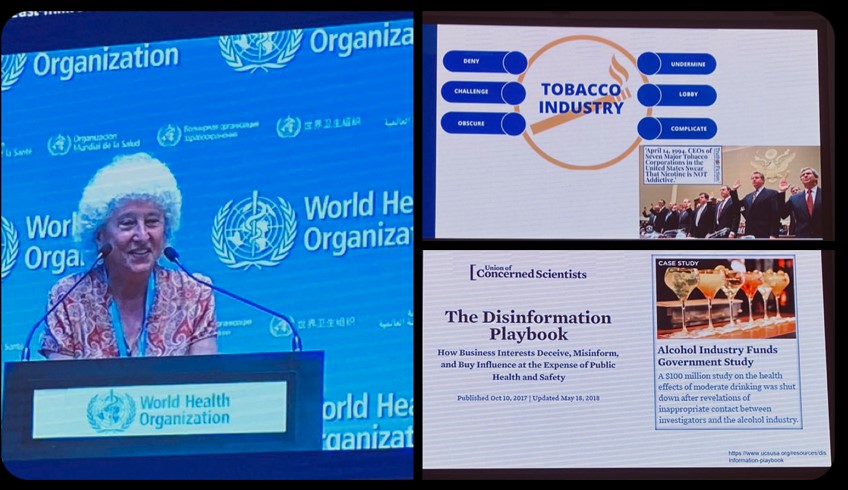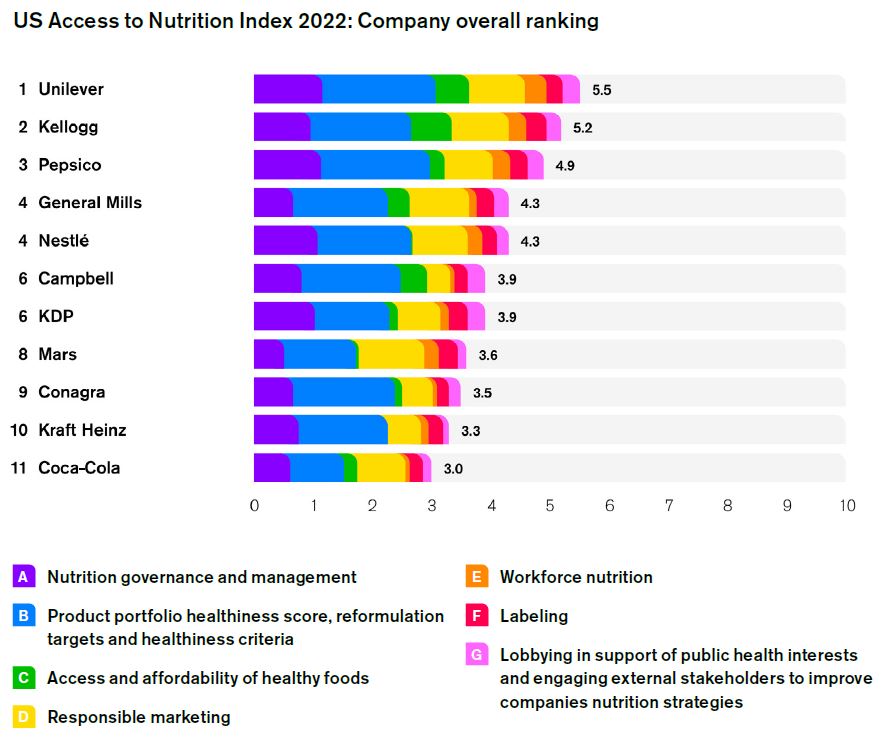Industry-sponsored study of the week: ashwagandha
I learned about this one from FoodNavigator-Europe.
Ashwagandha has ‘tremendous potential’ for promoting healthy aging: Review: Ashwagandha could serve as a potent anti-aging ingredient by improving immune system function and acting as an antioxidant, according to a review published in Frontiers in Nutrition…. Read more
This is the kind of headline that makes me ask: “Who paid for this?”
FoodNavigator usually provides references, so I could easily look this one up.
The study: Current insights into transcriptional role(s) for the nutraceutical Withania somnifera in inflammation and aging. Praful Saha, Saiprasad Ajgaonkar, Dishant Maniar, Simran Sahare, , Dilip Mehta, Sujit Nair. Front. Nutr., 03 May 2024. Volume 11 – 2024 | https://doi.org/10.3389/fnut.2024.1370951.
Conclusions: “Management of aging is difficult due to its progressive and irreversible nature, as well as the comorbidities associated with aging. However, the quality of biological aging can be improvised by recent advancements including intervention with nutraceuticals that can modulate the transcriptional activity of different genes implicated in aging and age-related complications…Taken together, given the modulation of key RNA markers in aging and inflammation pathways, there is tremendous potential for harnessing the beneficial effects of Withania for achieving healthy aging.”
Funding: “The author(s) declare that no financial support was received for the research, authorship, and/or publication of this article.”
Conflict of interest: “PS, SA, DMa, SS, DMe, and SN were employed by PhytoVeda Pvt. Ltd. and Viridis Biopharma Pvt. Ltd., Mumbai, India. The author(s) declared that they were an editorial board member of Frontiers, at the time of submission. This had no impact on the peer review process and the final decision.”
Comment: I looked up Viridis BioPharma.
Viridis BioPharma is a marketing, manufacturing and research company that deals with active ingredients for the pharmaceutical, nutraceuticals, food and cosmetic industries, medicated dressings and formulations to treat wounds, burns and other novel clinically proven topical formulations. What drives us is the desire to extend lifespans and, more than that, to extend health and wellbeing at every stage of life.
Employees of this and the other company developed this quite comprehensive review. The authors state its purpose explicitly.
WS [Withania somnifera] is known for its versatility in treating a range of conditions, such as immunomodulation, rejuvenation, enhancement of cognitive function, inflammation, enhancing concentration, etc. However, a synthetic review exploring its potential role in ameliorating aging and aging-related disorders is currently lacking…This may facilitate the development of various preventive and therapeutic strategies employing WS as a nutraceutical for healthy aging.
Their funding statement is accurate; they weren’t paid particularly to write this article; they are just on salary generally. And they are members of the editorial board of this journal. Oh dear.
Here’s what the NIH says about ashwagandha. It finds some evidence for use but concludes “most studies have been conducted as part of a traditional medical system, so the potential effects of ashwagandha when used as a dietary supplement outside of that approach remain unclear.”







